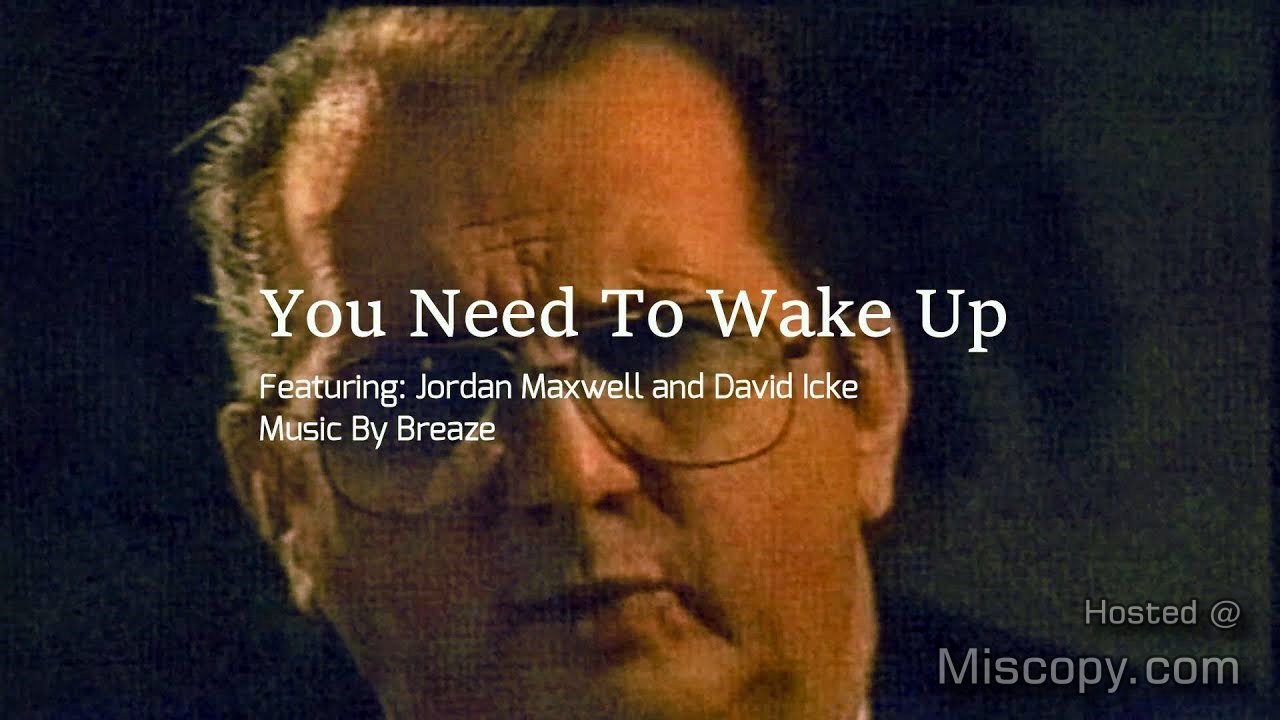Fractional Reserve Banking is a widely adopted practice in modern economies, whereby commercial banks are allowed to hold only a fraction of their deposit liabilities as reserves, while lending out the remaining funds.
Looked at differently, Fractional Reserve Banking is a system employed by banks to create money and facilitate the flow of capital within an economy.
While it all sounds good up to this point, Fractional Reserve Banking comes with negative consequences for the common people, which adversely affect the working class.
Fractional Reserve Banking Explained:
Fractional Reserve Banking is based on the principle that not all customers will demand their deposits simultaneously. Banks maintain a portion of their customers’ deposits as reserves to meet withdrawal demands while utilizing the remaining funds for loans and investments.
The fractional reserve ratio, set by regulatory authorities (central banks), determines the minimum reserve requirement. The rest of the deposited funds can be lent out to borrowers, effectively creating new money in the economy through credit expansion.
This process of money creation has a multiplier effect, allowing banks to lend out more than the original amount deposited.
This means that when a you deposits $100 in a bank, the bank is allowed to lend out 90% of that money while keeping only a fraction as a reserve (e.g., $10). The remaining $90 can be loaned to other borrowers, thereby creating new money in the economy out of thin air.
Impacts of Fractional Reserve Banking on the Common People:
- Inflation and Purchasing Power Erosion: By expanding the money supply through lending, banks contribute to inflationary pressures. As banks create more money through lending, the purchasing power of existing money diminishes. This disproportionately affects low-income individuals who have limited resources to offset rising prices.
- Financial Crises and Bank Runs: Fractional Reserve Banking creates the potential for bank runs and financial crises. If a significant number of depositors simultaneously demand their funds, banks may struggle to fulfill these obligations due to limited reserves. This can trigger panic and lead to a rush of withdrawals, potentially causing bank failures and economic instability.
- Inequality and Wealth Concentration: Fractional Reserve Banking can exacerbate wealth inequality. When banks create new money through lending, they primarily provide credit to borrowers who can provide collateral or meet strict eligibility criteria. This often excludes marginalized individuals and the working class, limiting their access to credit and perpetuating wealth concentration in the hands of the already affluent.
Negative Impact of Fractional Reserve Banking on the Working Class:
- Debt Burden: Fractional Reserve Banking encourages borrowing, leading to increased levels of personal and household debt. The working class, often reliant on credit for essential expenses and emergencies, can become trapped in cycles of debt due to high interest rates and limited access to favorable borrowing terms. This burden can hinder financial mobility and exacerbate socioeconomic inequalities.
- Interest Rates and Credit Availability: The working class tends to face higher interest rates on loans, as banks factor in risk assessments based on income levels and credit histories. Moreover, during economic downturns or credit contractions, banks may tighten lending standards, making it even more challenging for the working class to access credit for education, housing, or starting businesses.
- Systemic Instability and Job Losses: The inherent risk in Fractional Reserve Banking can lead to economic instability, financial crises, and subsequent job losses. During downturns, banks may reduce lending, leading to diminished investment and business expansion. This, in turn, can have a negative impact on employment options for the working class people, contributing to job losses and with it – economic hardships.
Conclusion:
Fractional reserve banking has played a significant role in facilitating economic growth and providing liquidity within modern financial systems. However, it is important to acknowledge the potential drawbacks it poses for the common people, particularly the working class. Inflationary pressures, financial instability, increased wealth inequality, and a debt-dependent economy are some of the adverse effects associated with this system.
As policymakers and economists strive for a more inclusive and stable financial system, it becomes imperative to address these concerns and seek alternative models that promote equitable growth and mitigate the risks posed by fractional reserve banking.

